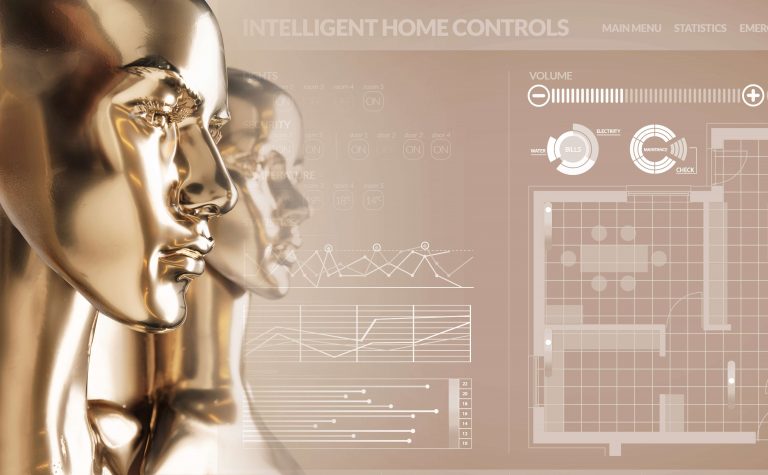Remote work is now a common element in current work settings. Motivating remote employees involves distinct challenges. It is important to examine various methods to sustain motivation in remote workers. These approaches focus on maintaining productivity and job satisfaction in a remote work context.
Understanding Individual Goals and Aligning Them with Company Objectives
Employees often find motivation when their personal goals resonate with their work. Managers can schedule regular one-on-one meetings to discuss these aspirations. During these conversations, it’s beneficial to explore how an employee’s personal development can contribute to the broader company goals. This approach helps in crafting a more personalized work experience.
Creating a Culture of Recognition and Feedback
A culture that frequently acknowledges accomplishments can have a significant impact on employee motivation. Implementing a system where peers and supervisors can easily recognize each other’s achievements fosters a positive work environment. Regular feedback, both positive and constructive, also plays a vital role. It guides employees on their performance and areas for improvement, keeping them engaged and focused.
Offering Flexible Work Arrangements
Flexibility in work schedules and locations can greatly influence an employee’s motivation and productivity. By allowing employees to work during hours they feel most productive or from locations they find comfortable, employers demonstrate trust. This trust can boost morale and commitment to the organization.
Investing in Professional Development and Growth Opportunities
Employees often value opportunities for professional growth. Offering access to training programs, workshops, and courses can help them acquire new skills and knowledge. This not only benefits their career progression but also contributes to the organization’s skill pool.
Integrating Technology for Efficient Work Management
Effective use of technology can greatly enhance the remote working experience. Tools like a time clock can simplify time tracking and scheduling. This helps in maintaining transparency and accountability. Other tools for project management, communication, and collaboration are equally important. They ensure smooth workflow and keep remote teams connected.
Enhancing Communication Channels for Better Connectivity
Effective communication is pivotal in a remote work setting. Establishing clear and multiple channels of communication ensures that remote employees stay connected with their teams and management. Regular team meetings, one-on-one check-ins, and open ‘virtual office hours’ can be part of this strategy. These practices help in reducing feelings of isolation and keep everyone informed and aligned with team objectives.
Structuring Tasks with Clear Objectives and Deadlines
Clear task structuring with defined objectives and deadlines can significantly boost motivation. When remote employees understand what is expected of them and by when, it eliminates ambiguity. This clarity allows them to manage their workload more effectively and meet their targets. Regular updates on project progress and adjustments in goals based on feedback can also be beneficial.
Promoting Work-Life Balance to Prevent Burnout
Maintaining a healthy work-life balance is important for remote employees. Employers can encourage this by setting boundaries between work and personal time. For instance, discouraging after-hours work emails and promoting regular breaks during work hours can be effective. These practices help in preventing burnout and maintaining long-term motivation and job satisfaction.
Implementing Virtual Team Building Activities
Team building activities are not just for physical office settings. Virtual team-building exercises can also foster a sense of community and belonging among remote employees. Activities like online game sessions, virtual coffee breaks, or book clubs can create informal spaces for employees to bond and interact beyond work-related tasks.
Providing Access to Mental Health and Wellness Resources
Supporting the mental health and well-being of remote employees is essential. Providing access to mental health resources, such as counseling services or wellness apps, can be a key step. Additionally, organizing regular wellness webinars or workshops can also be beneficial. These resources help employees manage stress and maintain a healthy state of mind, which is important for motivation.
Encouraging Self-Management and Autonomy
Empowering remote employees with the autonomy to manage their tasks can lead to increased motivation. When employees have the freedom to make decisions about how they complete their work, it can enhance their sense of ownership and responsibility. Providing tools and resources that aid in self-management, such as time management apps or goal-setting frameworks, can support this autonomy.
Facilitating Opportunities for Cross-Training and Skill Sharing
Cross-training and skill-sharing initiatives can be instrumental in keeping remote employees engaged and motivated. By allowing employees to learn different aspects of the business or to train in new skills, they gain a broader perspective of the organization. This not only diversifies their skill set but also helps in creating a more versatile and adaptable workforce.
Setting Up a Supportive Remote Work Infrastructure
A well-structured remote work infrastructure is key to keeping employees motivated. This includes reliable technology platforms for communication and collaboration, ergonomic home office setups, and IT support to address technical issues swiftly. When employees have a comfortable and efficient work environment, it can significantly enhance their productivity and job satisfaction.
Conclusion
By implementing these strategies, companies can create a more engaging and productive remote work environment. Each approach addresses specific aspects of remote work dynamics, contributing to overall employee motivation. It’s important to continually assess and adapt these strategies to meet the evolving needs of the remote workforce.
Guest Writer

















